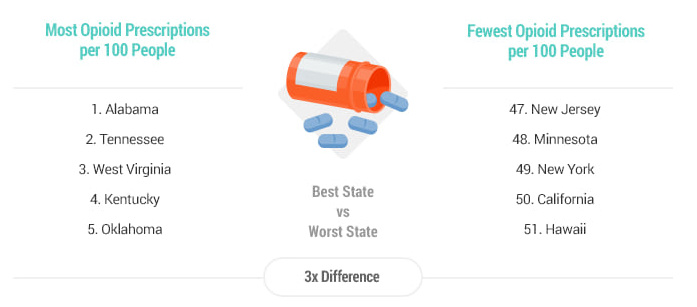Look, mate, this may come as some sort of surprise to you, but I didn’t post what I posted specifically to convince you or any of the other guys in this circus. It’s good to know that you are aware of physical dependence, but you seem to keep on equating psychological addiction with anxiety or something. I’ve spent a very small amount of time with heroin addicts, and they relapse well after they are through withdrawal. This is the origin of the term, as used by addiction counselors. Or are you guys so daft you assumed I made the term up? There is a world out there you know. If the shit that brought me to this thread didn’t strike me, I’d still be out there exploring it instead of posting this crap here with you lot.
My original post is there for the few guys who keep an open mind on the matter. There are many people who hold similar opinions. Hell, there’s an interview on in the NYT with the author, followed by about three hundred seriously angry chronic pain guys, who don’t want to deal with the simplistic stigma that accompanies these virtuous little morality plays the NYT puts forth. These are the people I identify with.
For the record, and not for you specifically Nesrie, it’s very simple. If recreationally used drugs are predominantly sourced from prescriptions, and if the the people becoming addicted are doing so through medical intervention (both key propositions for which there is no data whatsoever), the only question is to what degree will you limit medical use of these drugs to prevent their wider uptake in the community.
It is a matter of degree. A very simple point. It is also a difficult question which neither the NYT or apparently their readership are willing to provide an answer. But it is the only relevant discussion to have if you accept their view.
Just as we accept road deaths by using cars, we accept addict deaths by prescribing opiates. It’s a tough question as to exactly how many deaths are acceptable. Too tough a question for self-righteous commentary and clickbait articles.
The key debate that hasn’t taken place, and which needs to take place, is what role opiates are to play in medicine. You are going to have a tough time with that, as the medical profession has widely varying opinions in their own ranks.
My view is that these drugs are already strictly regulated, and very difficult for patients to get a hold of. I also very much doubt that a sizeable recreational market can be serviced through leakage from medical channels. A quick google of oxycodone smuggling provides news links with very large seizures at the border. I question to exactly what degree people are developing addictive behaviour through medical use - no one has presented any convincing argument or data regarding this. These are simple arguments, and would have been raised by a competent journalist and an astute readership. But it never has been, at any point in this campaign. Even the wikipedia page raises a few questions as to the exact causes of the opoid crisis.
Nesrie, regarding your consistent demand for data - there simply is none. Not to support your position (of which I am still unsure) or mine. It is a black market, and you don’t need to be John Kenneth Galbraith to figure out data is thin on the ground. There is only prescription data and deaths.
Anyway, what in the heck is the point in arguing with you guys. You don’t know anything about anything. Just bored bloody videogamers. I’ll just let my opinion stand, and you guys should really save all your outrage for Trump and other meaningless frivolities.
lol, I always swear I won’t post in this thread, until I read it and it is like picking at a scab. Got I get bored sometimes after what those fuckers did to me.
But, to be fair to you guys, it’s the journo’s who are the cause of this. They’re the ones who bang on about being the fourth estate, and they serve up poorly researched garbage, which does little else than appeal to their readers prejudice.
